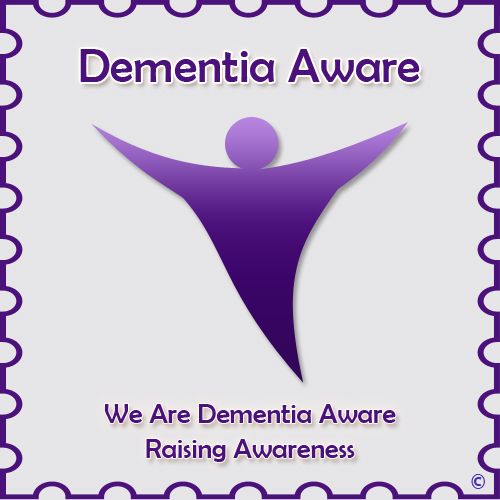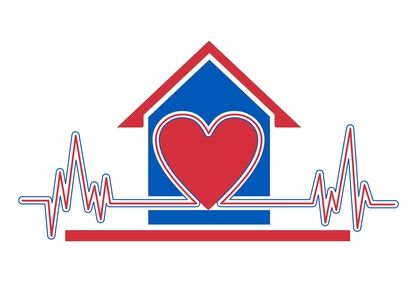What Are Alzheimer Symptoms?
Learn about the early warning signs of Alzheimer's disease, including mild memory loss, difficulty learning new information, and changes in behavior and mood. Discover the underlying mechanisms behind Alzheimer's and the importance of gene inheritance and lifestyle triggers.

Awareness of what are Alzheimer symptoms and recognizing its early warning signs and being tested for the disease so that treatment can begin as soon as possible is the most effective approach you can use to potentially delay the progressiveness of the disease. Research has yet to discover the exact mechanism behind the evolution of Alzheimer's but they do know that people affected by the disease develop abnormally destructive "plaques and tangles" in the brain that spread and cause irreversible dementia.
Supported by structures call microtubules that also act as transport systems brain cells, or neurons, are the backbone of optimal brain functioning. Proteins called "tau" normally act to stabilize these structures but in Alzheimer's, this protein malfunctions and instead, clusters around the microtubules in a way that disables and eventually destroys them. This is what causes the telltale "tangles" in a brain affected by Alzheimer's.
Alternately, the "plaques" are atypical deposits of beta-amyloid, a protein that is normally constructive. However, when large accumulations of the protein develop between brain cells and prevent neurons from communicating with each other, symptoms of dementia emerge. Doctors have also discovered from postmortem tests that significantly reduced amounts of neurotransmitters, especially serotonin, norepinephrine and acetylcholine, exist in an AD brain.
What are Alzheimer Symptoms in its Early Stages Like?
The actual onset of the disease can start to change the shape and composition of the brain 10 to 15 years prior to manifestation of symptoms. This is why early detection is so important in the ability to counteract the rapid progression of cognitive impairments. Most people affected by early onset AD are in their 40s and have inherited defective genes containing the disease from at least one parent. However, it is more common to see dementia and Alzheimer's strike people older than 60.
Scientists know that everyone has a gene called the apoE gene found on chromosome 19, which is linked to Alzheimer's. One form of this gene appears to increase the risk of certain individuals developing the disease while other forms seem to protect you against the disease. In addition to being susceptible to AD through inheritance, people who eventually develop Alzheimer's may also share lifestyle traits that "trigger" early Alzheimer's dementia.
Early Onset Alzheimer's
Pre-dementia and early stage Alzheimer's dementia symptoms include:
- Mild memory loss (often attributed to aging)
- Difficulty with learning new information that is not considered complicated
- Subtle issues in remaining focused and/or inability to complete some daily tasks
- Problems with semantic memory, or the ability to remember the meaning of objects or ideas
- Decreased vocabulary (cannot remember names of ordinary objects)
- Tasks involving fine motor skills become harder to do (writing may appear shaky or getting dressed may take longer and longer to accomplish)
- Slight but noticeable changes in behavior and mood--someone is has always been energetic and even-tempered may exhibit times of apathy and irritability
While some behavioral changes can be attributed to structural distortions occurring in the brain, some of these changes stem from a person realizing that something is wrong. Experiencing anxiety, depression and feelings of denial are common to those finding it more difficult to think, remember and perform daily tasks in the manner to which they had grown accustomed for many years.
Pre Dementia Signs and Symptoms
What are Alzheimer Symptoms in its Moderate Stage?
Short-term memory, attention, speech and motor sequences involving simultaneous movements progressively worsen when you enter the moderate stage of dementia and Alzheimer's. Those affected will experience marked difficulty recalling often-used words, which often leads to something called "paraphasia", or substituting an incorrect word for a forgotten word. For example, if you see a fork but cannot recall the name of that object, you might call it a knife instead because that is the only word you can remember being related to a utensil. In addition, the inability to call family members by their correct name is another common symptom of moderate stage Alzheimer's.
Doctors will usually ask you to take a standardized Alzheimer's test, such as the Mini-mental Status Examination, in order to garner more information about the extent of dementia affecting your brain. He may also ask that you see a psychologist to determine the level of neuropsychiatric changes that may be contributing to cognitive impairments. Nearly 30 percent of people diagnosed with Alzheimer's will eventually develop delusional thinking and/or illusory misperceptions as a result of plaques and tangles inhibiting brain cell communication.
People in the moderate stage of Alzheimer's are still able to function independently for the most part, although some assistance may be needed with remembering appointments, cooking meals (for safety reasons) and making sure the person does not exercise bad decision-making due to loss of judgment and reasoning abilities. Elderly people who lose their life savings because of falling for scam are frequently found to have Alzheimer's disease or some other type of dementia.
What Are Alzheimer Symptoms in its Advanced Stages?
When you are in the final stages of Alzheimer's, you will need 24-hour care. All aspects of cognition are severely affected as well as the motor reflexes. Muscle mass rapidly deteriorates, confining people with advanced dementia to wheelchairs or beds. The inability to swallow may worsen to the point that a feeding tube is necessary to provide the person with sufficient nourishment. Many people in this stage contract pneumonia or other severe illness while in a nursing home and succumb to that disease rather than the dementia itself.
Understanding what is Alzheimer's disease, the influence of genetics and lifestyle on the development of the disease, and the use of person-centered therapy as a way to enhance the quality of life for dementia patients are excellent ways with which to use in overcoming the insidiousness nature of the disease.



You might also like this article:

















